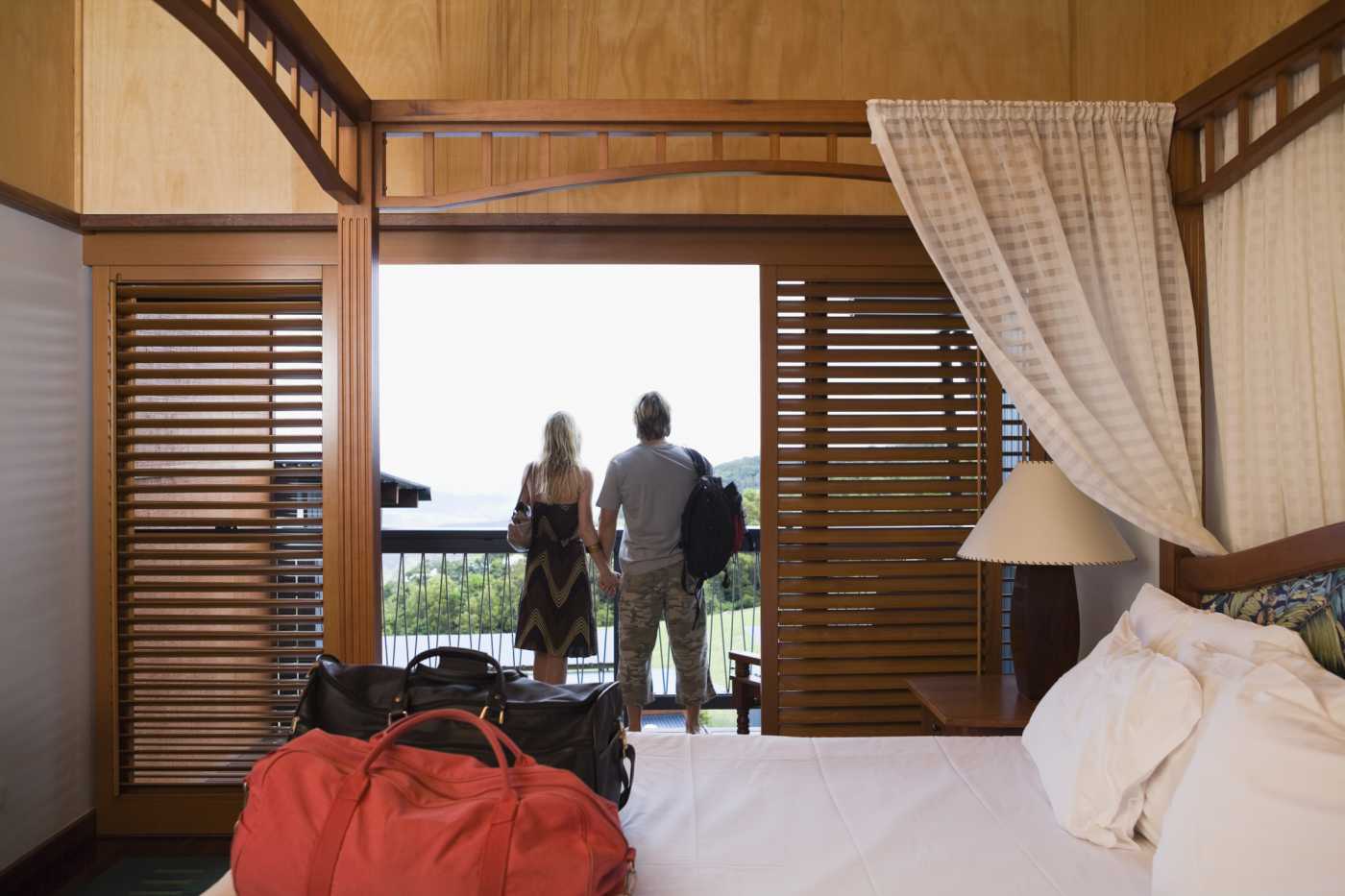Are hotels and OTAs friends or foes? While they do rely on each other to compete in the hospitality marketspace, they’ve been waging an epic battle recently to win over guests. With both hotels and OTAs vying to control and evolve the guest experience, time will tell who will come out on top.
Why hotels are feeling the pressure? Recent estimates show that the U.S. hotel industry is paying between $4 and 8 billion annually in transaction fees and commissions resulting from OTAs. Consumers are recognizing that OTAs have become much more than straightforward booking engines. In addition to booking, guests can now make dinner reservations and arrange amenities on and off-property via the OTA. Many OTAs are even offering their own loyalty programs to compete with larger hotel chains. To combat this, many hotel chains have increased their digital offerings to give guests more conveniences (allowing them to book, check-in/out via their mobile phones, for example). However, is it enough to compete with the OTA giants?
OTAs efforts to entice guests. Several of the OTA players are actively wheeling and dealing to control more of the supply chain. Priceline is considered one of the biggest threats to hotel operators. Their recent acquisition of OpenTable, for example, helps them compete with hotels for guests’ on-property spending and experience. Meanwhile, TripAdvisor’s purchase of Viator will position them to better cater to guests’ needs in the attractions and activities space. The industry can expect more announcements like this in the coming weeks and months as OTAs strategically build their offering to entice guests and dissuade them from booking direct from hotels.
How hotels are fighting back. Hotels still ultimately “own” the guest experience and they are fighting hard to keep it that way by encouraging and incentivizing guests to book direct. Starwood Hotels & Resorts, for example, offers free WIFI to guests who book direct. Marriott International has upped its ante by offering guests a mobile check-in capability along with technology that can “follow” guests on-property in order to identify their preferences and enhance their stay experience. Hotels are also leveraging “big data” to cater to their loyalty members who book direct by offering them exclusives they could not otherwise purchase via OTAs.
Will technology determine the winner? Technology will figure prominently into how hotels compete with OTAs moving forward. Specifically, with the role of the hotel operating system will expand as hotel chains recognize its importance in creating operational efficiencies and improving the guest experience. CIOs must invest in a hotel management solution that provides management with a real-time snapshot of guest needs and operational functions. As guest demands increase, the hotel operating system should be equipped to evolve and accommodate changing marketplace demands to help hotels better attract and serve customers.
With so much at stake, hotels must broaden their standards and invest in technologies to satisfy evolving customer needs. While hotels still ultimately own the guest experience, OTAs are gaining momentum as the battle continues to heat up. The winner could very well be determined by how well each party delivers on the promise of the best guest experience!




